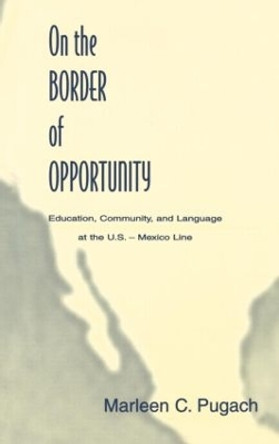Description
About the Author
Rachel St. John is associate professor of history at New York University.
Reviews
Finalist for the 2012 Spur Award for Best Western Nonfiction, Contemporary (1900-Present), Western Writers of America "[R]emarkably well-told tale of the origins of the U.S.-Mexico border line and the social, economic, and political developments it has generated over more than a century and a half... She clearly aims to tell the story of the border from both sides of the line and to emphasize the manner in which both the United States and Mexico have used it to foster transnational communities of interest as much as to divide them."--San Antonio Express-News "[I]nteresting and easy to read."--Choice "St. John's book is valuable for providing the history behind the explosive topics of border control and immigration reform in contemporary U.S. politics. Beyond that, however, history buffs will be satisfied with the Western characters that inhabit this tale in the days when the line remained blurry."--Stephen Mauro, Wild West "[H]er work is a marvelous achievement. Just as no river runs through the western border, relatively little transnational scholarship has brought life to it compared to the Texas-Mexico region. This work will change that situation."--Richard Ribb, Southwestern Historical Quarterly "In all, St. John's book offers a general and nicely articulated history of this area, incorporating a bi-national perspective which is not tainted by narratives of U.S. exceptionalism. For these reasons this book offers a valuable contribution to the extant scholarship on the border."--Ignacio Martinez, 49th Parallel "St. John's book is replete with plenty of primary sources and archival material, too, unearthing many archival sources untouched by other historians. These primary materials add to the rich interweaving of ideas and conclusions that she draws, and pepper the prose with new anecdotes not seen in other related works... [A] quality book--one that I will use in my borderlands classes and seminars for many years, and one that all borderlands scholars and students will need to have. They will enjoy it immensely!"--Sterling Evans, H-Net Reviews "This book is a welcome addition to the increasing body of U.S.-Mexico border scholarship that has appeared in the twenty-first century. Rachel St. John provides a well-written narrative based on exhaustive research from a variety of sources on both sides of the border."--F. Arturo Rosales, New Mexico Historical Review "Rachel St. John's Line in the Sand is the best book yet on the early development of the U.S.-Mexico border. It should be read widely by policy makers who continue to claim that border debates arose only during the very recent past, and by students of borderlands history at all levels. Particularly impressive is how St. John brings together the concerns and approaches of several subfields of U.S. and Mexican history, including histories of the U.S-Mexico border, the American West, and Mexico's northern frontier."--Geraldo L. Cadava, American Studies Journal "Rachel St. John has written an intelligent and highly readable transnational history of the western half of the United States-Mexico border... St. John's research is thorough and impressive... She has used English- and Spanish-language source materials and conducted research in both Mexican and American archival collections. Her sure grasp of the histories of both nations allows her to explore confidently the important economic, cultural, and political developments occurring on both sides of the border."--Patrick Ettinger, The Americas "The general trajectory of St. John's narrative has become somewhat familiar to borderlands scholars, but Line in the Sand deepens our understanding by focusing on the borderline itself and by extending the discussion of border enforcement into Mexico. The author shows that by the 1930s, a significant territorial boundary not only regulated border crossings but also enforced cultural and racial barriers to national belonging. With elegant prose and incisive analysis, she convincingly argues that anyone who hoped to cross had to reckon with its increasingly salient restrictions."--Eric V. Meeks, Journal of American Ethnic History "St. John's intervention in the public discourse over the border and immigration encourages us to take a wider view of the border to see it as a symptom of larger economic and political processes rather than the cause."--Raul A. Ramos, Diplomatic History
Awards
Commended for Spur Award: Best Western Nonfiction - Contemporary 2012.
Book Information
ISBN 9780691156132
Author Rachel St. John
Format Paperback
Page Count 296
Imprint Princeton University Press
Publisher Princeton University Press
Weight(grams) 425g







